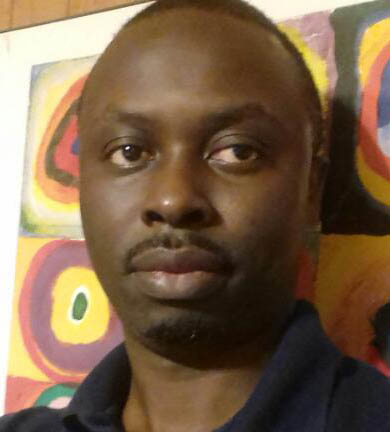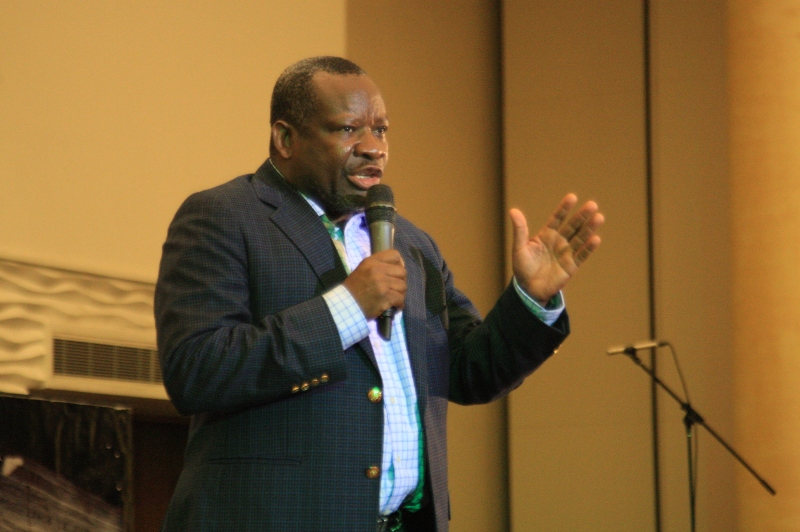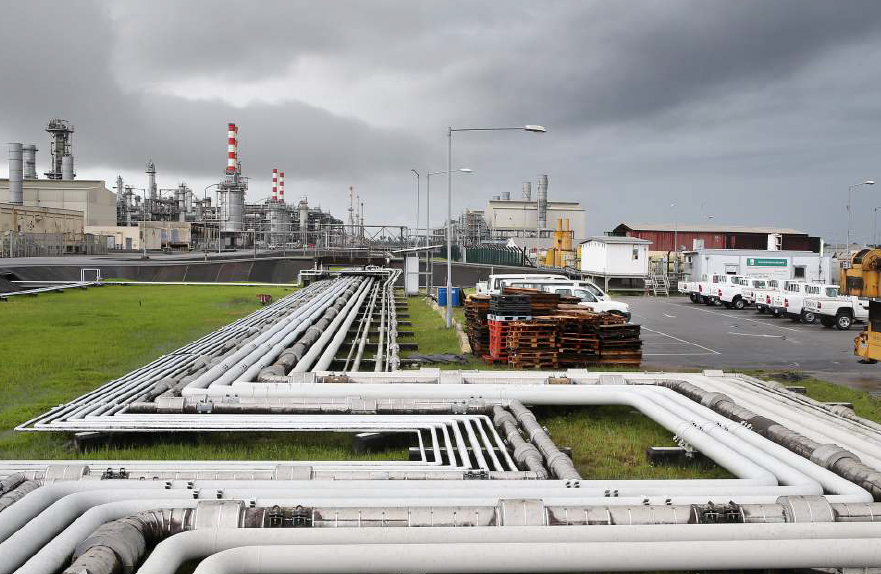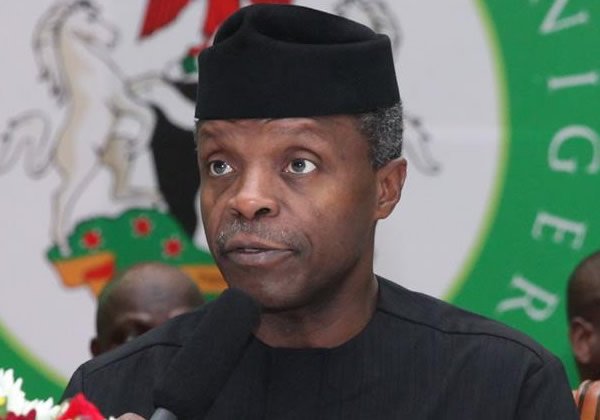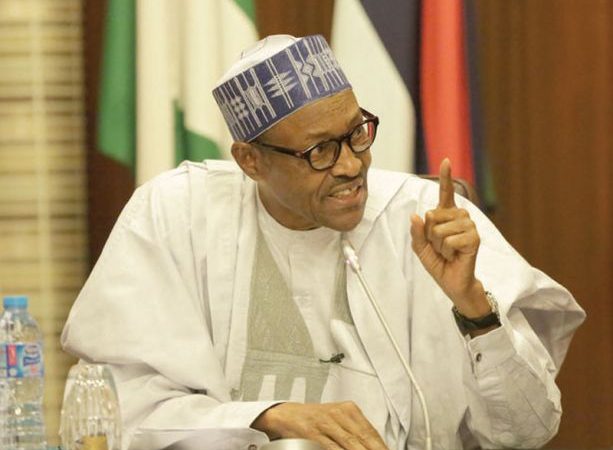I mourned. In September, I lost a friend to cancer of the breast. She was 38.
A little over one year, my former boss, who integrated me into the mainstream of the nonprofits sector, Oronto Douglas, died of cancer. He was 49.
In 2013, my wife had cancer scare. A strange mole had taken root in the most unusual part of her body. Fortunately, repeated pap smear and HPV tests showed no sign of cancer. Finished.
In October 2005, when I wrote my award-winning story, Killer on the prowl, an investigation into cancer prevalence in Nigeria, published by National Standard Magazine, I had no idea people with direct relationship to me will have anything to do with cancer. Illusion.
Advertisement
This October, just like 12 years ago and year-after-year, when breast cancer awareness is at the center of public discourse, pink ribbon is a message of hope and reminder.
It is one of hope that women can survive breast cancer, if we all do what is necessary— become aware, break the silence, remove stigma, and reform healthcare.
It is one of reminder that we have a duty to care as individual and as a country.
Advertisement
It is this reminder that prompted me to raise the public profile of breast cancer in Nigeria—moving it away from a disease once spoken of only in whispers and in the shadow to a significant subject.
But Aso Rock has continued to turn a deaf ear to a serious issue. It is so easy for a sitting president and state governors to dole out money for cancer patients to go abroad for care and treatment than building or encouraging the creation of infrastructure to support cancer patients in Nigeria. That’s not compassion, that’s a denial of reality.
It is debatable, but our leaders often donate to cancer patients, when cancer has reached stage four—almost a point of no return for most patients.
For these politicians, empathy is not the concern; it is the opportunity to make a political statement. Paying attention to prevention and cure by encouraging research and building facilities for cancer care is not a duty.
Advertisement
In 2009, when the wife of the late President Umaru Yar’adua, Hajiya Turai,organized a fundraiser for an international cancer center to be located along the airport road in Abuja, governors, senators and politicians of colors were falling over one other to make donations.
At the end, the figure of donated fund was not clear, but I heard it was between 7 and 10 billion naira that was raised. Some donors according to those familiar with the project didn’t even fulfill their promise, after they were applauded at the event for announcing XY amount.
But here is the rub: where is the international cancer center nearly seven years after the fundraiser, I mean what impact has it made?
Apparently, we are a nation of no database. That’s what baffles me most when we’re confronted with statistics from international organizations such as World Bank, WHO, UNICEF and the likes and we begin to do soul searching.
Advertisement
Ironically, the statistics oftentimes comes from our local experts who are collaborating with international groups. We just don’t value any stats from our own researchers, except the researcher’s work comes to us from John Hopkins University, WHO, UNICEF and others.
Four years ago, the former Minister of Health, Onyebuchi Chukwu, told us in plain language that cancer rate in Nigeria was growing. He proved it with a graph. He said data from 11 federal tertiary hospitals collected by the National System of Cancer Registries showed 7,000 new documented cases of cancer. His figure agreed with the average estimated 100,000 new cases of cancer reported in Nigeria annually. Like Thomas Didymus, we didn’t believe in our own statistics. We did nothing.
Advertisement
Now, prediction for cancer prevalence in Nigeria by 2020—just four years down the line should make government think in the right direction.
In 2020, the number of cancer patients in Nigeria according to experts will rise from 24 million to 42 million. It is also feared that by same 2020, death rates from cancer in Nigeria will equally balloon.
Advertisement
And if the number of senior government officials that the country has lost to cancer in recent years has not been of concern for serious health care reform, how can the government look at the stories of commoners to act?
As a reporter I have met and interviewed a number of survivors. They all told me their stories of despair and hope. One thing is at the center of the stories: difficulties in accessing care and treatment.
Advertisement
All the same, a few stories recently published in the newspapers should remind our government of the need to act.
On October 1, the day we celebrated 56th independence, Leadership published a story titled: “Nigerian Mother Seeks Financial Help To Fight Cancer.” It is a story of Theresa Amadi-Obi, mother of two kids who’s soliciting the financial help of good-spirited Nigerians to enable her win a battle against cancer. Her case is at stage III. She wants to beat cancer and it’s clear in her voice.
“I had a hard time conceiving and so it was with a deep gratitude to God that we welcomed Omega (5) and Ezinne (3) into our lives. The first few months after Ezinne’s birth were glorious. But then I started feeling pain in my right breast. At first, I thought it was due to breastfeeding. But when it persisted we found out it was stage III cancer. This was a shock. Life had changed.”
In her account, the family has spent everything it gathered over the years. “Our family savings was greatly depleted during my initial breast cancer treatment.” She recounted. “With the options of chemotherapy available now for Metastatic Breast Cancer, my family is faced with mounting bills and even more to come. We have estimated about $250,000 to cover chemotherapy and other procedures that would be required to help me and my family beat this disease.”
Another story I read was picked by a number for newspapers from the News Agency of Nigeria. Uzoamaka Onu, a food vendor from Okpoto in Ishielu Local Government of Ebonyi State was abandoned by her husband at a hospital following a surgery related to breast cancer. The family couldn’t pay the bills.
One more, on October 5, Daily Trust reported that in one community in Ogun State about 40 people got the shock of their life after a screening organized by the Ogun State Governor’s wife, Mrs. Olufunsho Amosun, revealed they had lumps in their breasts.
What am I saying? Morbidity data are important for the management of health-care systems and for planning and evaluation of health service delivery. Nigeria has the statistics. The government needs to act.
Follow me on Twitter: @adeolaakinremi1
Views expressed by contributors are strictly personal and not of TheCable.
